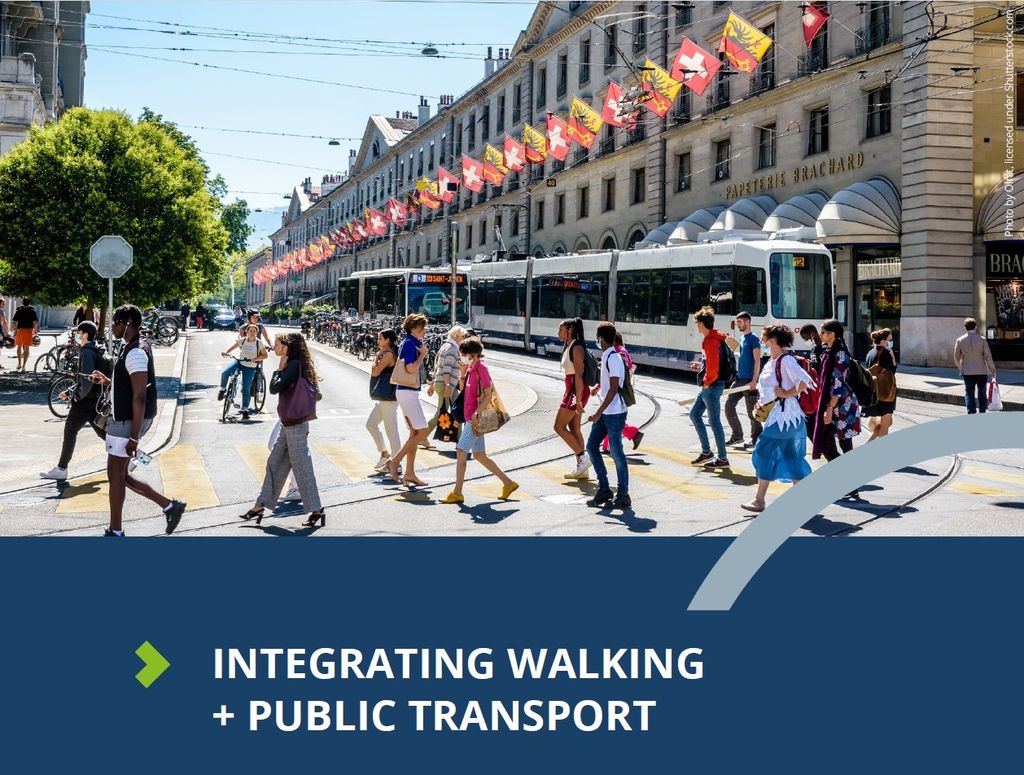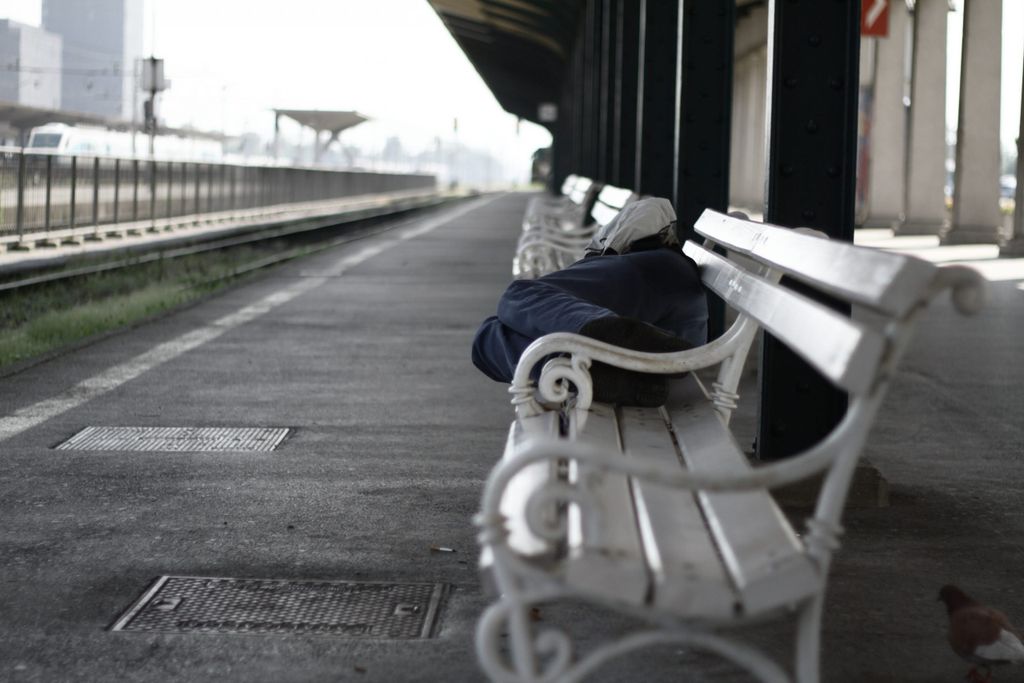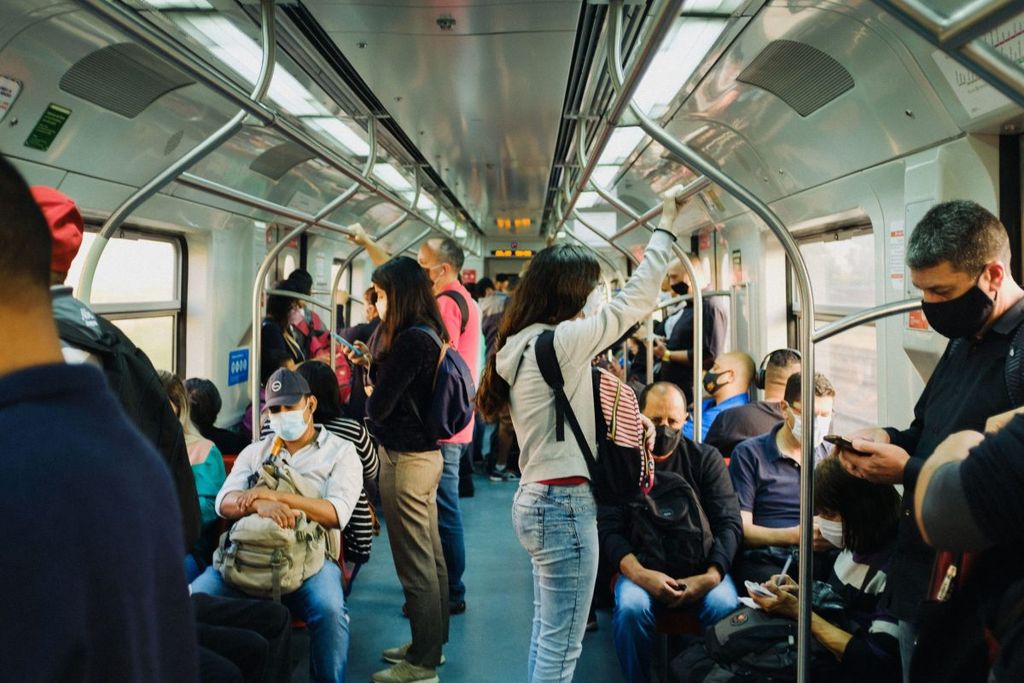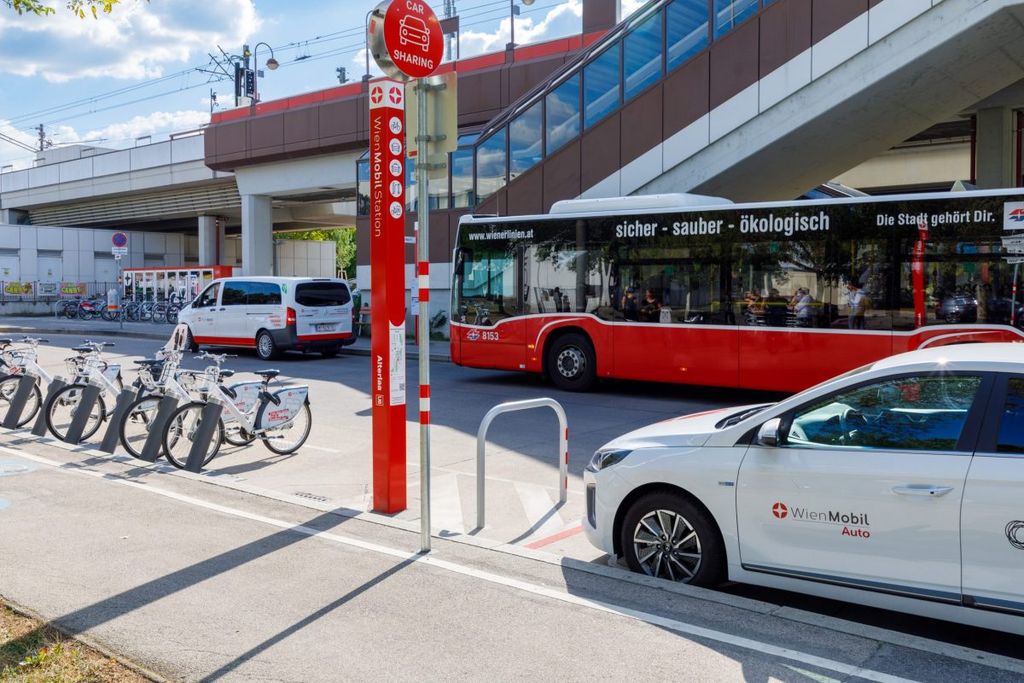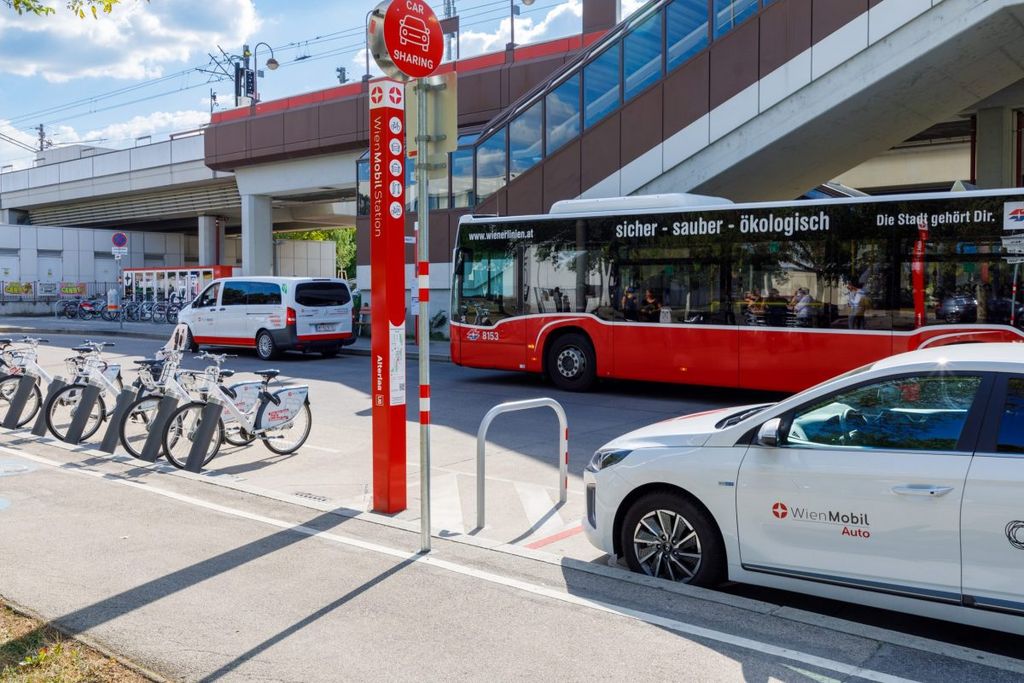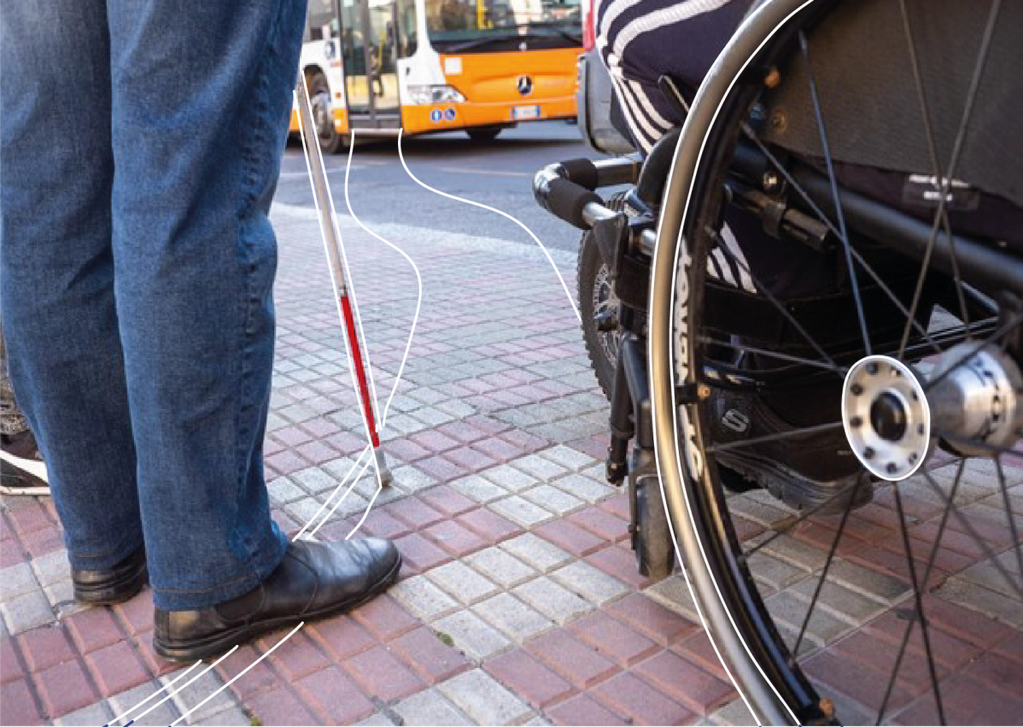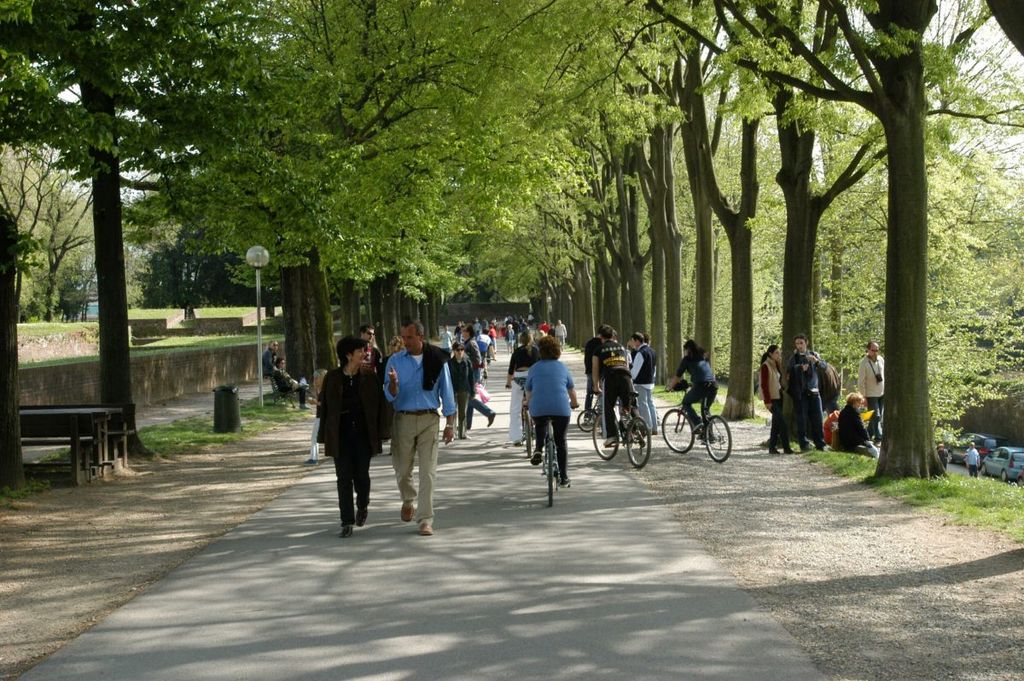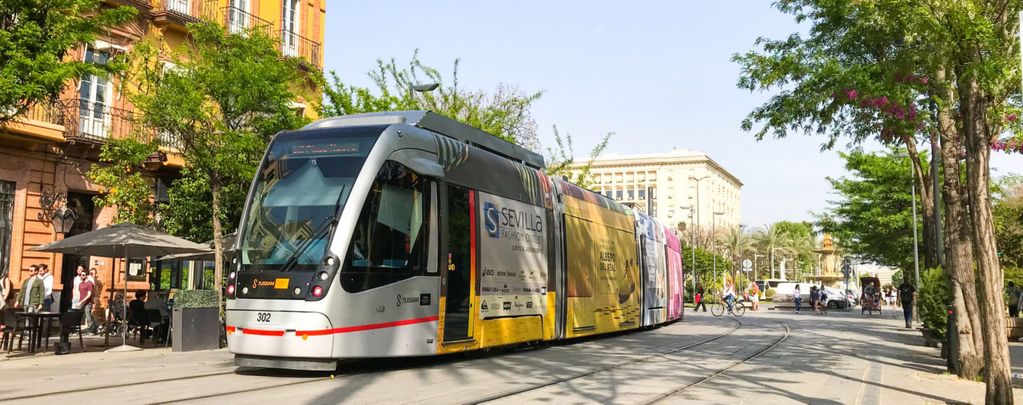
Transport & Urban Life
A little background
As urbanisation continues to grow, it is crucial for our sector to help optimise limited urban spaces with the goal of building more liveable cities. Well-planned urban public transport systems offer more opportunities for city residents, including access to jobs, shops, schools and recreational activities. Public transport can create a culture of social inclusion and promote a socially active lifestyle for city dwellers.
Public transport is also naturally complementary to active modes: walking and cycling. Active modes should always be prioritised as a means of getting around in a city, being great for public health and innately releasing zero emissions.
Cities with efficient, integrated and accessible public transport systems furthermore eliminate the need for private car ownership and therefore can significantly reduce traffic congestion and air pollution.
What do we do?
UITP gathers a select group of members in the Transport & Urban Life Committee to explore all of these areas in which public transport affects the liveability of cities. It provides a platform for exchange, discussions, and benchmarking, to suggest recommendations and to present good practices for coordination between transport policy and other urban policies such as land use and urban development.
We also work closely with partners like United Cities and Local Governments (UCLG) and with UN agencies to advocate for the crucial role of public transport in helping cities achieve Sustainable Development Goals (SDGs), in particular SDG 11.
Contact
UITP

UITP
Committee Chair

Michael PELLOT
Director of International Affairs, Transports Metropolitans de Barcelona (TMB)
exclusive resources

